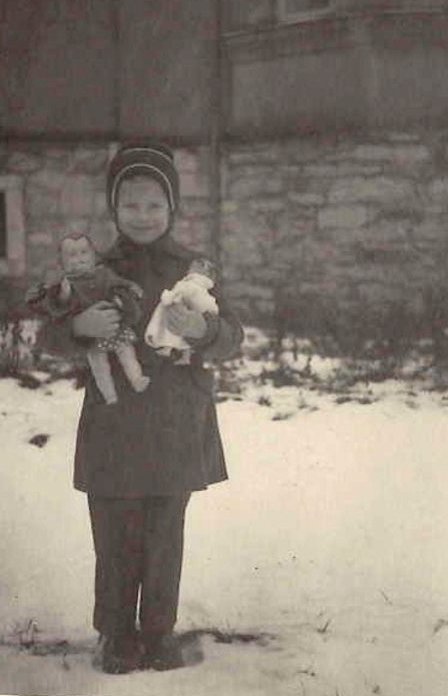Grandmother died of heart failure during transport to Germany

Stáhnout obrázek
Helena Bračíková was born on 14 January 1950 in Supíkovice as an only child to her parents Volodymyr and Elisabeth Bych. While her father was of Polish nationality and came from the Ukrainian village of Zherebky, her mother was a German native of Supíkovice. The parents met shortly after the war when Volodymyr, on his way home from total deployment, coincidentally found himself in Supíkovice. Probably because of this, my mother was not included in the German expulsion and was the only one of the whole family who was able to stay in Czechoslovakia. Elisabeth Bychová lost three family members to the war and its consequences. Two of her brothers, Ferdinand and Ernest Körbel, had to enlist in the Wehrmacht and were killed on the Russian front, and her mother died of heart failure during transport to Germany. Helena Bračíková graduated from the secondary general education school (today‘s gymnasium). She worked for four years in the office of the postal newspaper service before joining the municipal council in 1978 as an economic administrative worker; she continued to work at the municipal office in Supíkovice after the fall of communism. Her second husband, Bohumil Bračík, publicly expressed his anti-communist views and got into trouble on more than one occasion. In 1986, as a member of the hunting association, he had to surrender his hunting weapons to the authorities and because of his contacts with his sister, who emigrated to the USA in 1965, the State Security registered him under the abbreviation PO - person under investigation. At the time of filming in 2024, Helena Bračíková was still living in Supíkovice.




